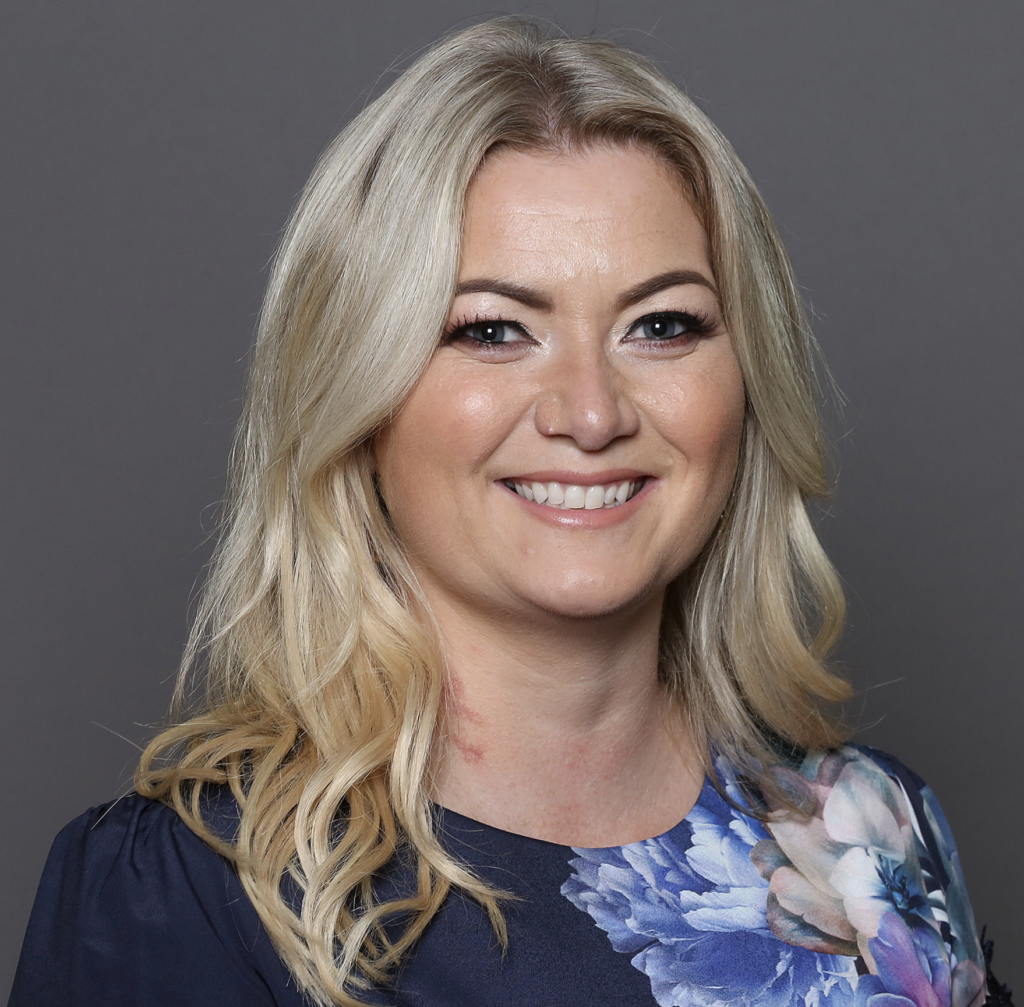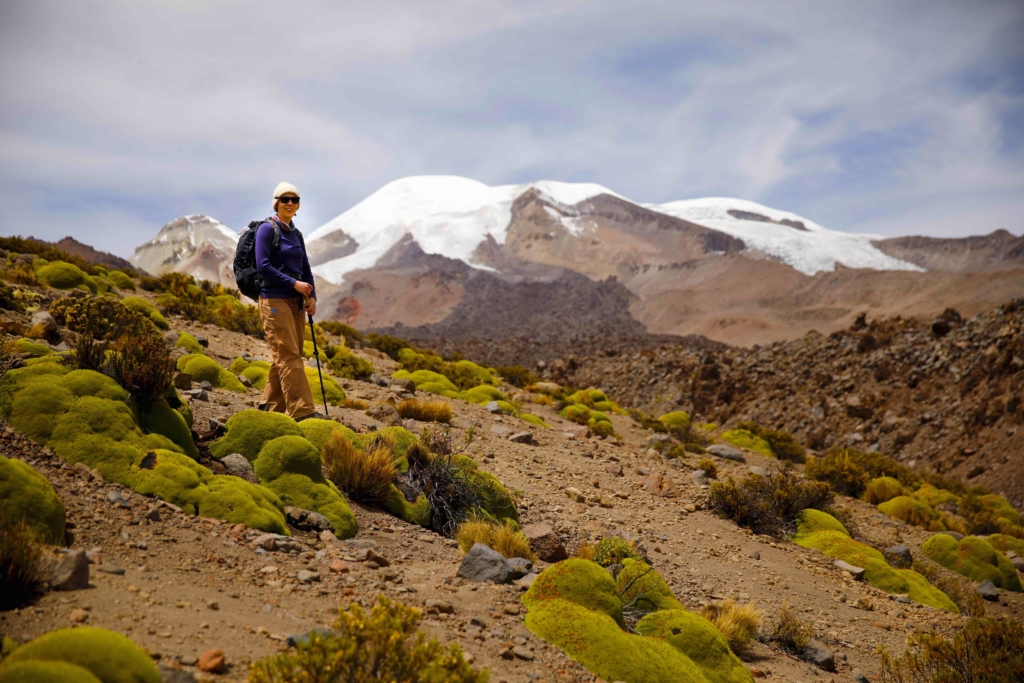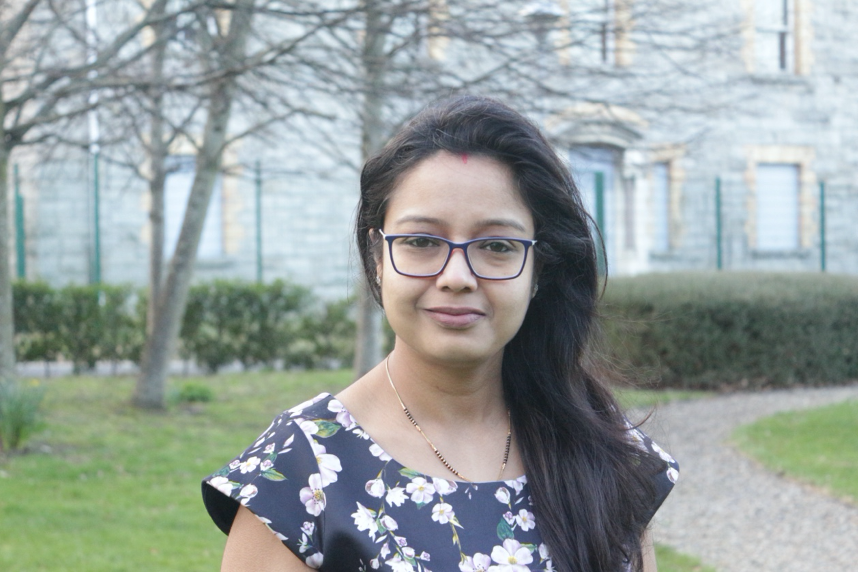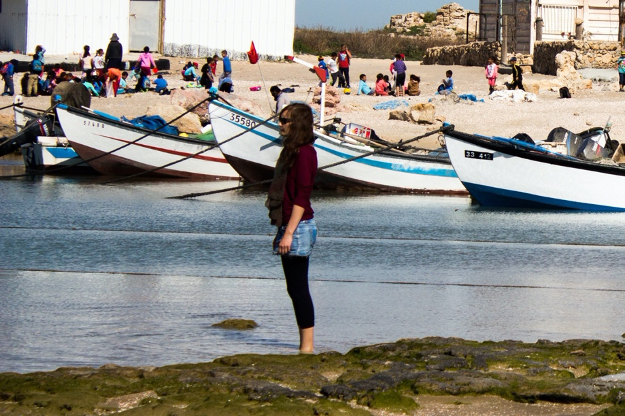In 2015, the United Nations established February 11th as International Day of Women & Girls in Science to recognise the important role of women in Science and further encourage girls’ participation in science around the world. In honour of this, the IUA and the Irish Marie Skłodowska-Curie Office today celebrate the achievements of female awardees.
The Irish Marie Skłodowska-Curie office provides advice and support on preparing applications for Marie Skłodowska-Curie funding and the management of Marie Skłodowska-Curie awards. Marie Skłodowska-Curie Actions (MSCA) are a European Commission Funding Programme who fund excellent and innovative research training as well as attractive career development and knowledge-exchange opportunities to better prepare them for current and future societal challenges. 42% of the awardees are women.
“We must have perseverance and above all confidence in ourselves. We must believe that we are gifted for something and that this thing must be attained.” ~ Marie Sklodowska-Curie
“As a former academic researcher who has benefitted from international mobility it is a pleasure to use my experience to support applicants to MSCA. In this role, I have expanded my horizons and review grants from many different subject areas, spanning AHSS and STEM. Adopting an interdisciplinary approach is vital to address complex questions. It is fascinating to have this insight into the diverse projects carried out in Irish HEIs and companies by researchers of many nationalities. This strengthens our national Research, Development and Innovation talent pipeline and meets policy goals, such as addressing UN SDGs.” ~ Dr. Geraldine Canny, Head of the Irish Marie Skłodowska-Curie Office
Some examples of successful female MSCA applicants are…
Dr Lydia Lynch, Trinity College Dublin

I’m an Immunologist so I study the immune system of our body and how it protects us from all sorts of things. My lab studies cancer and how we can enhance or unleash the body’s own immune system against cancer, which may be more potent, targeted and safer than drugs like chemotherapy for example. We also study the effects that diet and obesity had on the immune system and cancer. Obesity is associated with a greater risk of 14 different types of cancer, as well as infections, and we have found that the immune system doesn’t work effectively in obesity, so we are aiming to identify the main pathways effected by obesity so we can boost the immune system in obesity to provide better protection from infection and cancer.
“I was curious, a rebel, and wanted to study something 'real'. I saw no point in studying something else when there were so many unanswered questions in science and so many diseases without cures, and as a naive teenager, I wanted to find a cure for something. My science teacher Sr Elizabeth instilled my love of biology, because she loved every living thing and explained the purpose of everything. I loved how this all worked together. ”
Dr. Margaret Jackson, NUI Galway

One of the best ways to understand modern climate change is to look to the past. If we know how Earth’s climate system responded during past periods of warming, we can anticipate better how the climate system may respond in the future. As a glacial geomorphologist, I’m especially interested in how glaciers have waxed and waned through time and what this can tell us about past climate. Mountain glaciers are sensitive to changes in temperature and so make excellent palaeo-thermometers. Through mapping and dating past glacial fluctuations we can reconstruct the timing and magnitude of past climate changes, often in regions where other forms of palaeotemperature reconstruction are scarce. My work is focused on past glacial changes in the tropics, where glaciers are one of the few means we have to assess past terrestrial temperatures. My research helps contextualise modern anthropogenic climate change, and helps us anticipate better how the climate system as a whole may respond to future greenhouse gas emissions.
“I didn’t enter university planning to study science. I’d originally intended to study international politics and development, and took a few geoscience courses to understand better how the natural systems we depend on function. I loved my science courses, and once I got a taste of research I was hooked. I feel so fortunate to spend my days thinking about interesting questions and sharing what I learn with others. I also get to travel to absolutely gorgeous places!”
Dr Rumi Khandelia, University College Dublin

I carried out my PhD in Chemistry, with specialisation in Nanomedicine at the Indian Institute of Technology Guwahati. After my PhD, I worked for 3 years in Indian multinational pharmaceutical companies before moving to Ireland. Currently, I am working as a Marie Skłodowska-Curie Fellow at University College Dublin. My area of research is on the development of protein particles for intra-articular delivery of inflammatory drugs to treat osteoarthritic inflammation.
“I have always had a passion for scientific research and wanted to challenge the limitations of the human body. I was fascinated with Nanomedicine as it has the potential to eliminate the current limitations of conventional medicine and can possibly be a way to cure many of today’s untreatable and life-threatening diseases.”
Dr Ruth Brennan, Trinity College Dublin

Photo by Glen Shackley
My work draws from many different disciplines, and my background is just as varied. Having practised for several years as a solicitor in international banking and structured finance, I left Law, worked as a professional diver in Central America and as a seal rehabilitator in Ireland before pursuing a Master’s degree in marine policy and a PhD in marine social science. I now work as a marine social scientist on the ethnographies (lived experiences) of coastal communities and at the arts-science-policy interface. I work creatively with coastal community members, visual artists, film-makers and policy makers to reimagine equitable ways of governing the marine environment that allow space for the wide diversity of human-nature relationships. My work challenges existing governing structures and institutions to be more inclusive of marginalised voices, such as small-scale fishing communities.
“When I left law, I travelled and worked as a Divemaster in Central America. I fell in love with the marine environment, but I had no idea how to translate my legal qualifications into a marine-related career. I volunteered at an environmental NGO in Ireland and started to get involved in their marine policy work. I then found out about a Masters in Marine Policy that was open to law graduates, and, upon graduating from that programme, I was employed by the Scottish Association for Marine Science to develop a new area of social science. ”
For more information please contact…
Dr Geraldine Canny, Head of the Irish Marie Skłodowska-Curie Office 01 6764948
Lia O’Sullivan, Head of Communications 01 6764948